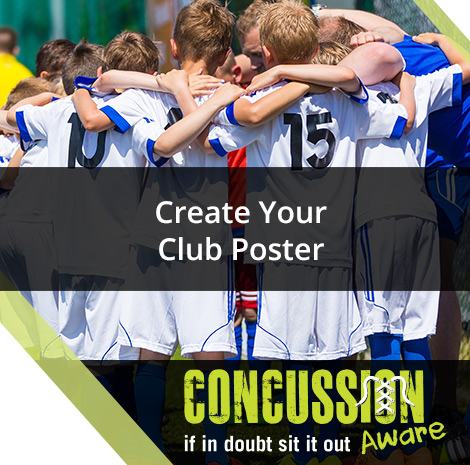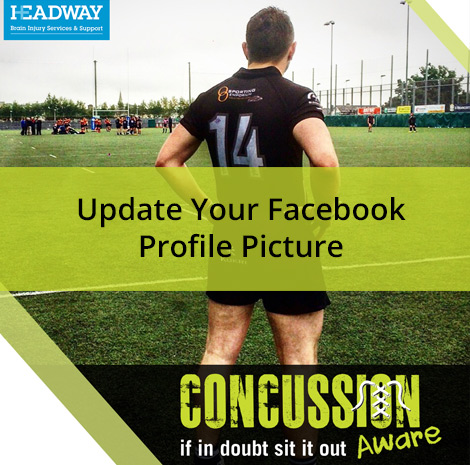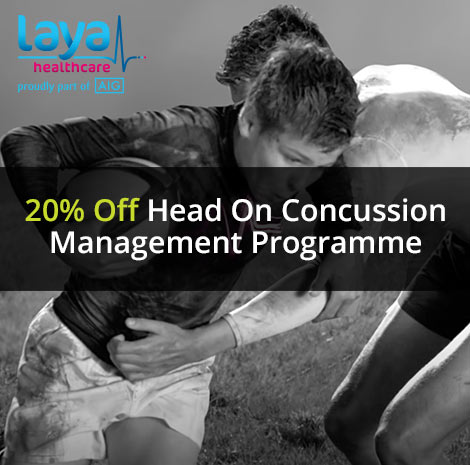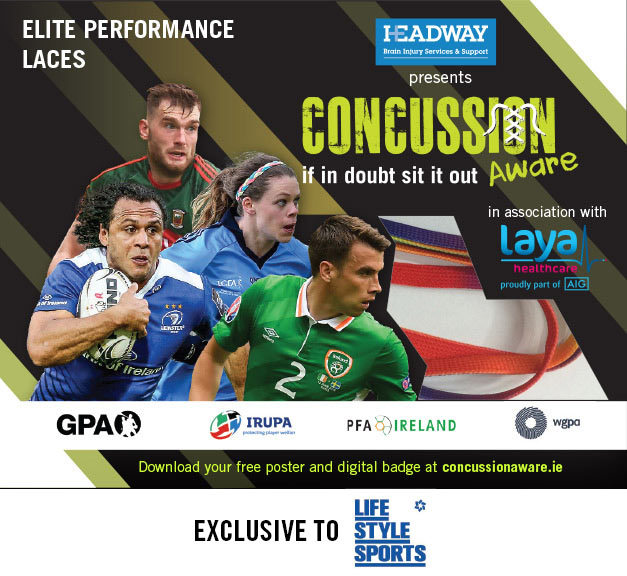The referee, your coach, family or friends can be instrumental in helping you chose a course of action that is best for you. So please listen to those around you who will have your best interests at heart and – when in doubt, sit it out
This is not always easy, particularly when you are in the throes of a match. However, not listening to those around you can have serious consequences.
Concussion complications
A concussion causes changes in brain functioning, such as reduced reaction time. This can increase your chance of getting another concussion if you return to play before seeking treatment. A second impact can be very dangerous and in some cases fatal. Don’t take the risk. Never return to the game until all symptoms are gone and a doctor has cleared you to play. Our advice:
Recognise the signs & symptoms
Report if suspicious, don’t hide it
Rehab with rest and medical guidance
Return after following Return to Play Protocol and getting medical clearance
The good news is that you can usually recover from a minor head injury at home – but keep an eye out for any new symptoms that might develop and be sure to tell someone. Seek immediate medical advice if symptoms get any worse.
In the days or weeks after
Some people feel normal again in a few hours. Others have symptoms for weeks or months. It is very important to allow yourself time to get better and to slowly return to activities. If your symptoms come back when you are doing an activity, stop and rest for a day. This is a sign that you are pushing yourself too hard. It is also important to call your doctor if you are not improving as expected or if you think that you are getting worse instead of better.
Rest is the best way to recover from a concussion. You need to rest your body and your brain. Here are some tips to help you get better:
- Get plenty of sleep at night, and take it easy during the day.
- Avoid alcohol and illegal drugs.
- Do not take any other medicines unless your doctor says it is okay.
- Avoid activities that are physically or mentally demanding (including housework, exercise, schoolwork, video games, text messaging, or using the computer). You may need to change your school or work schedule while you recover.
- Ask your doctor when it’s okay for you to drive a car, ride a bike, or operate machinery.
- Use ice or a cold pack on any swelling for 10 to 20 minutes at a time. Put a thin cloth between the ice and your skin.
- Use pain medicine as directed.
Download our pocket concussion recognition tool for a list of symptoms.







